_
_
Background
Patients' views and experiences with care are central to assess and improve the quality of healthcare and services, responding to patients' needs.
In 2018, we conducted the first SCAPE-1 survey, asking people treated for cancer about their experiences of cancer care in the French-speaking region of Switzerland.
In 2021, we conducted a second survey, SCAPE-2, which included people treated for cancer in both the French- and German-speaking regions of Switzerland.
In 2023, we conducted a third survey, SCAPE-CH, which included people treated for cancer in the French-, German- and Italian-speaking regions of Switzerland.
SCAPE-1 objectives were to explore experiences of care of people treated for breast, prostate, lung, colon, skin, and blood cancers in four hospitals in the French-speaking region of Switzerland and to examine whether experiences differed by type of cancer and hospital.
SCAPE-2 objectives were to explore experiences of care of people treated for any type of cancer in eight hospitals in the French- and German-speaking regions of Switzerland, and to explore whether these experiences differed by linguistic region, hospital, and cancer type.
SCAPE-CH aimed to collect experiences of care of people treated for any type of cancer in twenty-one oncology centers in the French-, German-, and Italian-speaking regions of Switzerland to inform the development of local and national interventions to improve the quality of cancer care.
Objectives
Questionnaire
To explore the patients’ views, we translated and adapted to the Swiss context the questionnaire used for many years in England. This questionnaire includes questions about what happened before the diagnosis, diagnostic tests, announcement of diagnosis, treatment decisions, care received at the hospital as outpatient and during hospitalization, care and support received at home, and follow-up care after treatment.
For SCAPE-2, questions about the impact of the COVID-19 pandemic on cancer care were added.
For SCAPE-CH, a slightly shorter version of the questionnaire was used.
For SCAPE-1, adult patients with a diagnosis of breast, prostate, lung, colorectal, skin (melanoma), or blood (leukemia, lymphoma, myeloma) cancer, who received inpatient or outpatient care between January 1 and June 30, 2021 in four hospitals in the French-speaking region of Switzerland.
For SCAPE-2, adult patients with a cancer diagnosis (any type of cancer), who received inpatient or outpatient care between January 1 and June 30, 2021 in four hospitals in the French-speaking region of Switzerland and in four hospitals in the German-speaking Switzerland.
For SCAPE-CH, adult patients with a cancer diagnosis (any type of cancer), who received inpatient or outpatient care between January 1 and June 30, 2023 in one of the participating oncology centers in the three linguistic regions of Switzerland.
Individuals are identified from the oncology center administrative databases; 900 individuals are randomly selected per center and invited to complete the questionnaire.
Participants
Results
Overall, patient experiences of care were positive with respect to diagnostic tests, contacts with the nurse specialist, operations, and care received during hospitalization and outpatient treatment. Experiences were less positive with regard to written information received at diagnosis, information on side-effects of treatment, psychosocial and financial impacts of cancer, support after treatment and loved ones’ involvement.
SCAPE-1, SCAPE-2, and SCAPE-CH surveys were conducted jointly by the Department of Epidemiology and Health Systems (DESS) at Unisanté and the Institute of Higher Education and Research in Healthcare (IUFRS).
SCAPE-1 and SCAPE-2 were funded by the Swiss Cancer Research.
SCAPE-CH was financed partially by the Federal Commission for Quality (FCQ) and partially by the participating centers.
